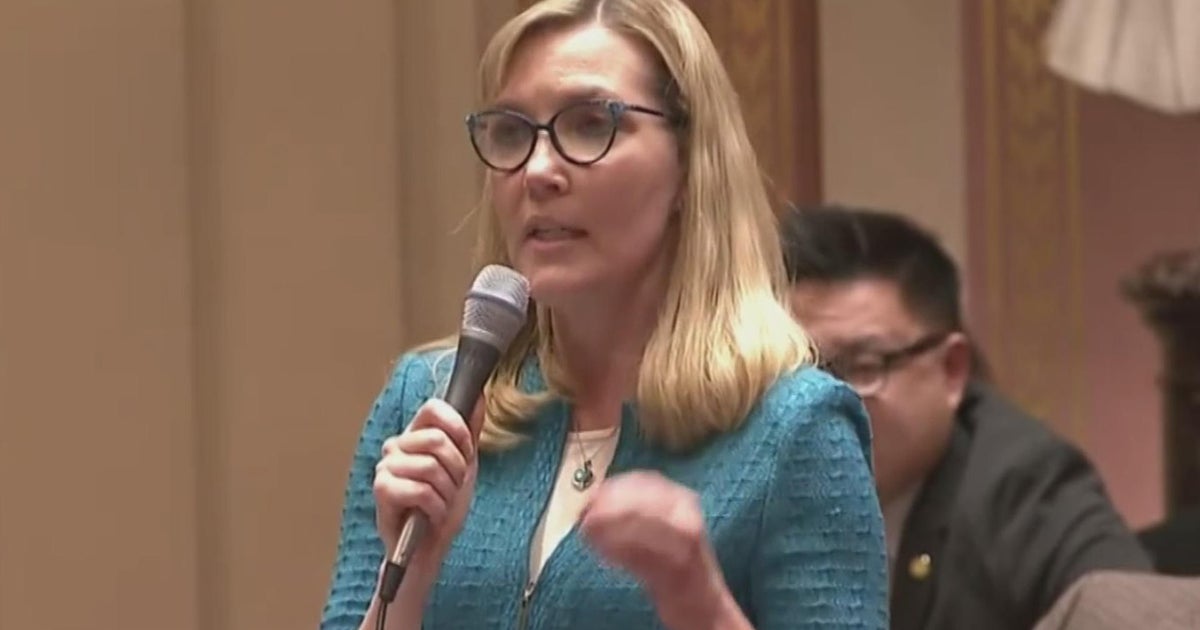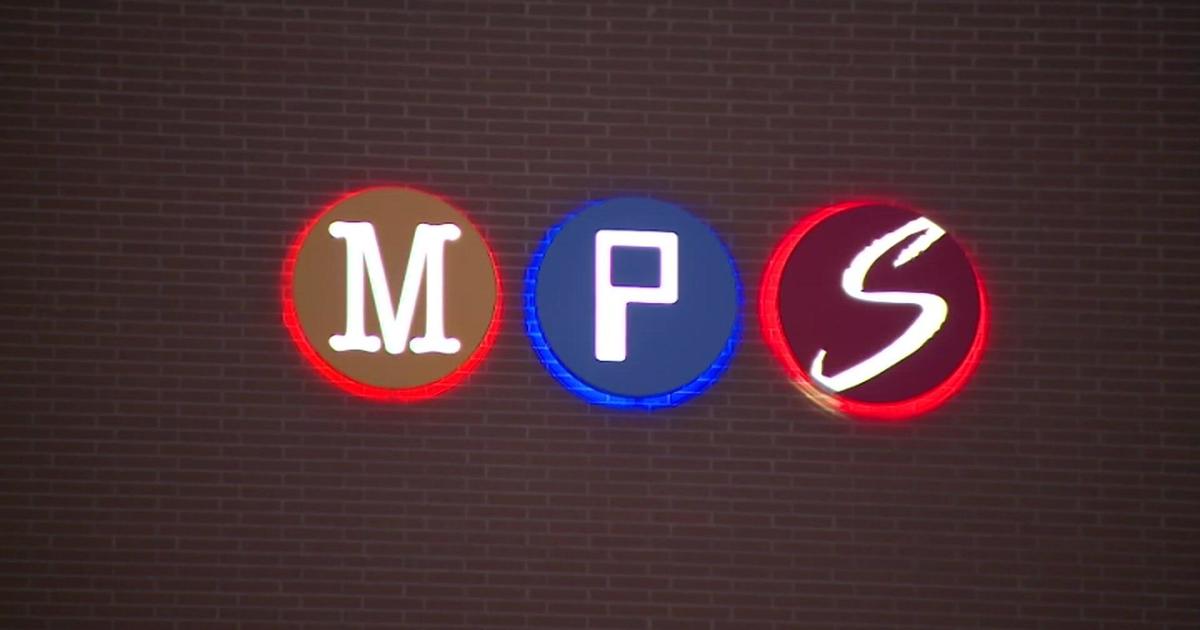Judge says Wisconsin Gov. Tony Evers can be questioned in Trump fake electors lawsuit
Wisconsin Gov. Tony Evers can be asked questions related to his role serving as a Democratic elector in the 2020 presidential election as part of an ongoing lawsuit against former President Donald Trump's attorneys, a judge ruled Thursday.
The ruling comes in a lawsuit by Democrats that originally sought $2.4 million in damages from all 10 Republicans who submitted a document to Congress falsely declaring Trump as the 2020 election winner in Wisconsin. They also sued Trump attorneys Jim Troupis and Kenneth Chesebro.
The 10 Republicans in December settled the lawsuit with an admission that they were part of an effort to overturn President Joe Biden's victory, while not paying any damages. The case against Trump's two attorneys is scheduled to go to a trial by jury in September, two months before the presidential election.
Troupis' attorney had asked to depose Evers and Barnes, both of whom were also on the list of potential witnesses that attorneys for the Democrats who brought the lawsuit might call during the trial.
"I don't know what specific knowledge Gov. Evers or Lt. Gov. Barnes will have until the depositions are taken and completed," Troupis attorney Matthew Fernholz said at a hearing Thursday.
He noted that Evers has said he thinks that the Republicans who met in an attempt to cast the state's electoral votes for Trump committed crimes and should be held accountable.
"I don't know the basis for that statement, but that's certainly relevant information for purposes of this lawsuit and for purposes of defending my client," Fernholz said.
The Wisconsin Department of Justice, representing Evers and Barnes, tried to block the depositions, arguing they are protected under the law because of their roles as elected officials.
But Dane County Circuit Judge Frank Remington said they can be questioned, although he put limitations on the Evers interview.
Unlike most depositions, Evers can't be questioned in person, the judge said. Instead, he will be asked the questions in writing, Remington ruled from the bench.
Typically, the governor would have immunity from being deposed but the judge said he understands that Evers may have information that's relevant to the case. Limiting the questions to being in writing only will minimize the impact on Evers and his job as governor, Remington said.
"I'm not comfortable with saying that Governor Evers is just immune from any and all discovery in this case," Remington said.
Remington said Evers should not be questioned until after the defense questions all other witnesses, in case it's determined his testimony is no longer needed, Remington said.
Barnes, who was also a Democratic elector, can be questioned in person because protections that apply to Evers as a current elected official don't apply to Barnes, the judge said, remarking, "He's a public citizen now."
Evers and Barnes were two of the 10 Democratic electors who cast their ballots for Biden following his 2020 win. Barnes ran for U.S. Senate in 2022 and lost.
The fake elector plan hatched in seven battleground states was central to the federal indictment filed against Trump earlier in August that alleged he tried to overturn results of the 2020 election. Federal prosecutors said the scheme originated in Wisconsin.
There is no known criminal investigation ongoing in Wisconsin. Democratic Attorney General Josh Kaul has signaled that he is relying on federal investigators to look into what happened in the state, though he hasn't ruled out his own investigation.
Trump's attorney Chesebro, who is a defendant in the Wisconsin lawsuit, pleaded guilty to a felony charge of conspiracy to commit filing false documents after being charged with participating in efforts to overturn Trump's loss in Georgia. Chesebro was charged alongside Trump and 17 others with violating the state's anti-racketeering law.
Government and outside investigationshave uniformly found there was no evidence of widespread voter fraud that could have swung the election from Biden in Wisconsin. Trump has continued to spread falsehoods about the 2020 election.



